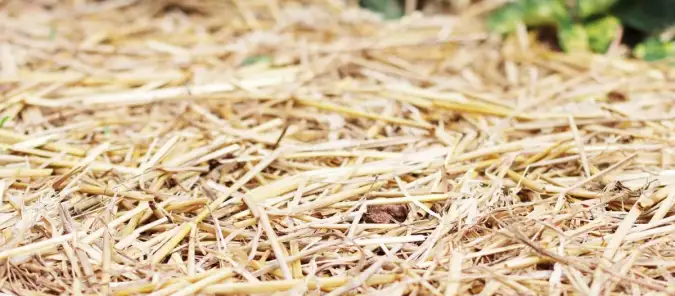Categories > Plant Care and Maintenance
Worms in your garden, what are the benefits?
Worms in your garden provide several benefits, making them valuable allies for gardeners and the overall ecosystem. Here are some of the advantages of having worms in your garden.
- Soil Aeration: Worms create tunnels and burrows as they move through the soil. This tunneling helps to improve soil aeration, allowing oxygen to reach plant roots more easily. Well-aerated soil promotes better root growth and overall plant health.
-
Nutrient Recycling: Worms consume organic matter, such as decaying leaves and other plant debris, and turn it into nutrient-rich castings (worm excrement). These castings are a natural, slow-release fertilizer that enriches the soil with essential nutrients like nitrogen, phosphorus, and potassium. - Improved Soil Structure: The burrowing activities of worms help break up compacted soil, enhancing its structure. This allows for better water infiltration, reducing the risk of water runoff and soil erosion. Improved soil structure also promotes root growth.
- Increased Microbial Activity: Worms introduce beneficial microorganisms to the soil through their digestive processes. These microorganisms help decompose organic matter and enhance nutrient cycling in the garden.
- pH Regulation: Worms help to regulate the pH of the soil by secreting a mucous substance in their digestive tract. This can prevent the soil from becoming too acidic or too alkaline, maintaining a balanced pH level.
- Pest Control: Worms can indirectly help control certain garden pests. Their presence and activities create a favorable environment for beneficial insects and nematodes that prey on harmful garden pests.
- Reducing Garden Waste: Worms are efficient decomposers, helping to break down and recycle organic waste in your garden. This reduces the need for disposal and can lead to a more sustainable and eco-friendly garden.
- Erosion Prevention: Worm burrows and castings create stable channels in the soil, which can help reduce soil erosion by holding the soil in place during heavy rains.
- Increased Plant Growth: The combination of improved soil structure, nutrient-rich castings, and aeration from worm activity can lead to healthier and more robust plant growth.
- Sustainability: The presence of worms in your garden contributes to a more sustainable and resilient ecosystem. It reduces the need for chemical fertilizers and pesticides while promoting natural soil health.
To encourage worms in your garden, avoid the use of harmful chemicals, provide organic matter for them to consume, and maintain good soil practices, such as mulching and avoiding soil compaction. Creating a hospitable environment for worms can have a positive impact on your garden's overall health and productivity.
Newsletter

